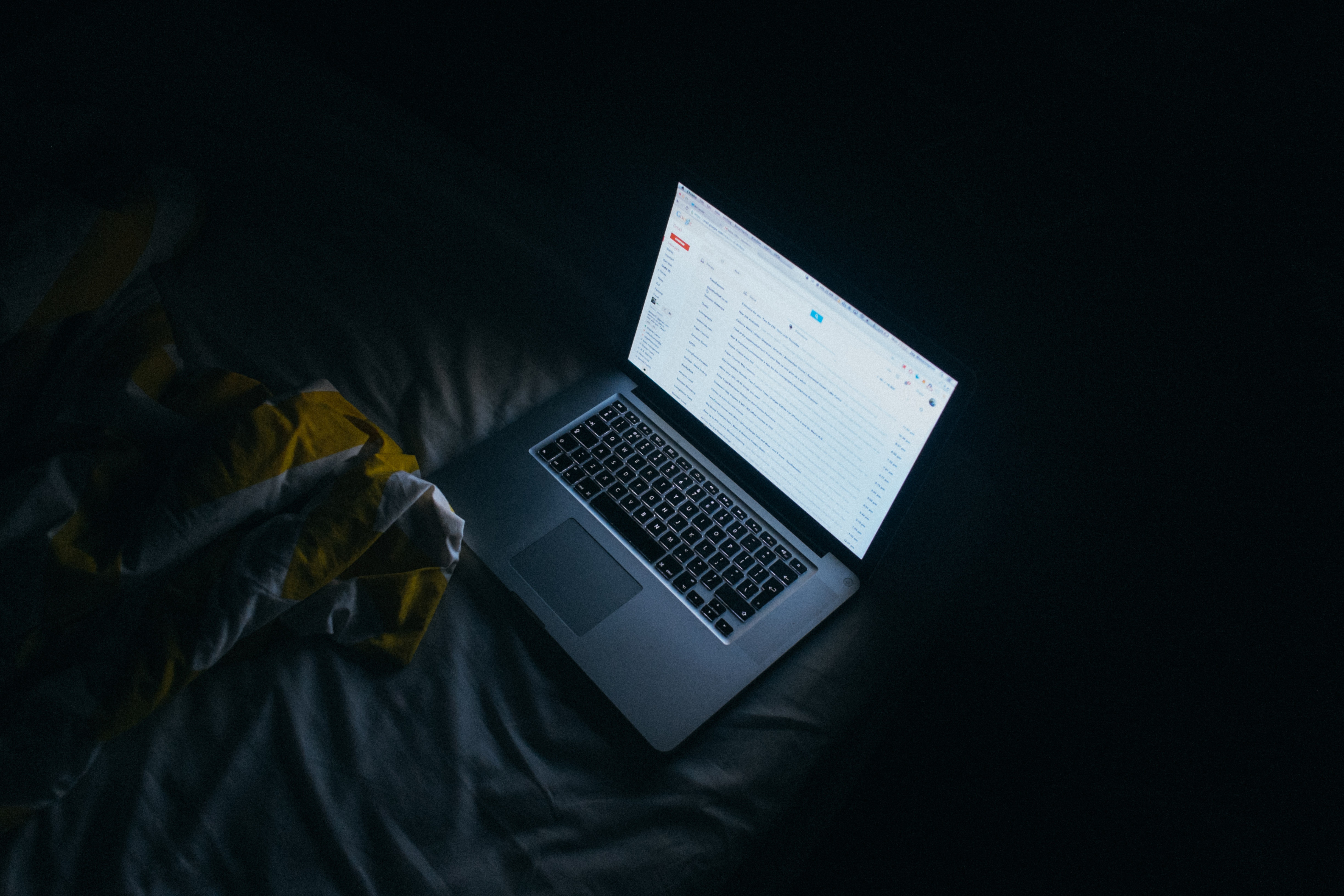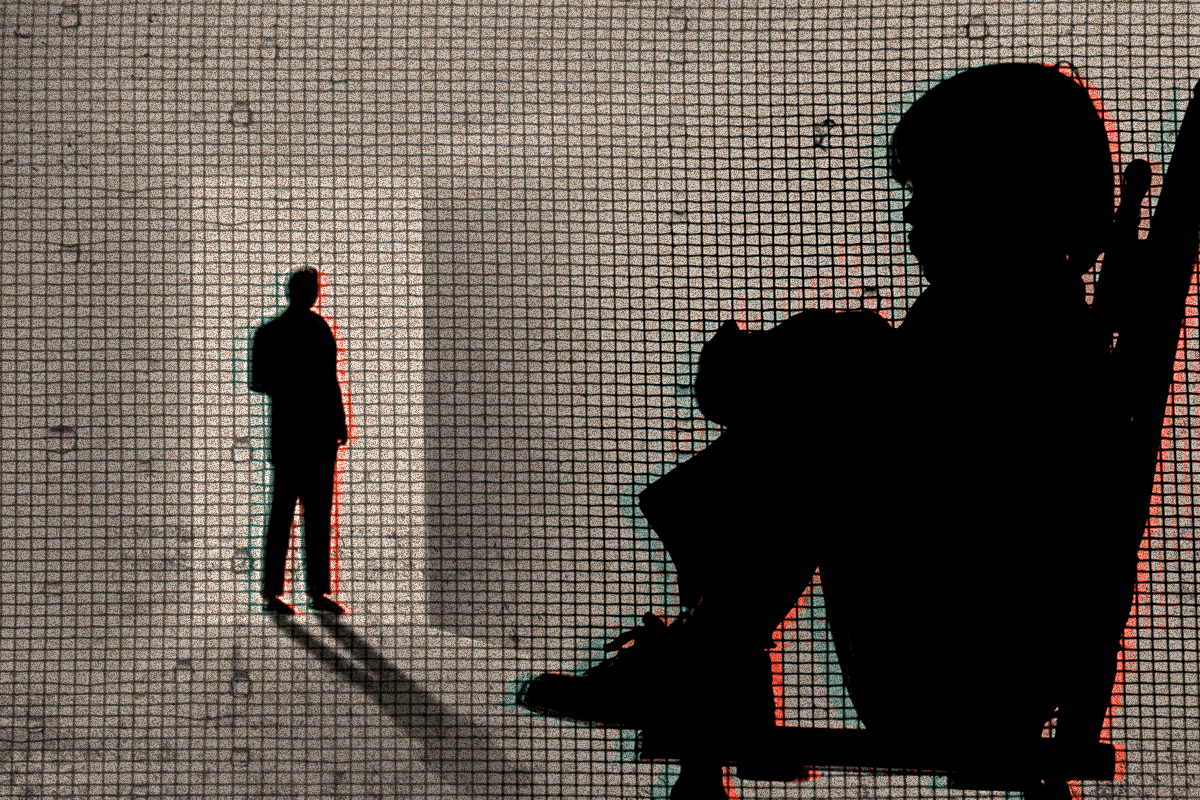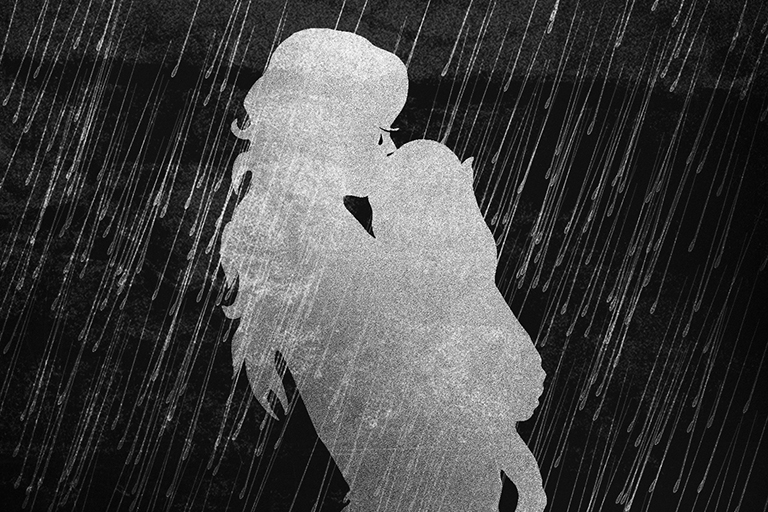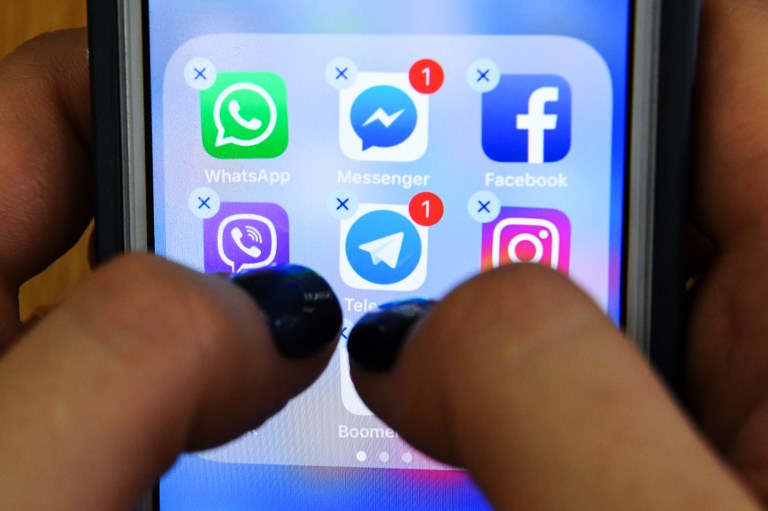KARACHI: There are six hours to sleep. An unfinished assignment awaits. Scattered thoughts are put down on a piece of paper. Two hours have passed, four more to go. It’s pitch-black outside. “How will it get done?” Suddenly, it’s 8 am. And there are no hours left to sleep.
In a survey conducted by Cutacut, this is what 49 out of 50 college students from Karachi’s Shaheed Zulfiqar Ali Bhutto Institute of Science and Technology (Szabist), between the ages of 20 and 25, describe as a typical Sunday night; one that is marked with unlimited coffee and limited sleep. Of these, 35 believe pulling an all-nighter is “part of being an adult,” while the remaining 15 dismiss sleep as a necessity “for the weak”. They, however, have one thing in common: all 50 of them are sleep deprived.
There are a few go-to archetypes when it comes to college students: they are nicotine-infused stress machines, with bloodshot eyes and a general disregard for a good night’s sleep
“Almost every student walking into my class complains of not getting enough sleep and inability to focus,” says Maira Anthony, who teaches 10th grade in Saint Patrick’s High School. It’s no surprise that academic pressure has increased in the past two decades. Parents are also increasingly becoming more demanding in regards to grades. “It is mostly these expectations that are keeping young adults awake at night,” Anthony claims.
In 2016, Huffington Post Co-Founder Arianna Huffington referred to sleep deprivation as “the new smoking” in an interview with Entrepreneur. “Remember how in the 50s we used to glamorise smoking?” she asked. “Now sleep deprivation is the new smoking”.
A desperate all-nighter here and there form any regular college experience, but it’s long spells of 60-90 minutes of lost sleep that sleep scientists are becoming more concerned about. They call this a “sleep debt,” that stems from weeks, months, or even years of insufficient sleep, as revealed in research conducted by Harvard Medical School.
Experiments conducted in this area involve healthy volunteers who are paid to stay in bed for at least 14 hours a day, for a week or more. When given this opportunity, most people tend to sleep for about 12 hours straight before settling into their normal seven to nine hours per night pattern.
Among the few who would gladly participate in a sleep debt experiment, as it happens, is a 22-year old business and finance major at Bayview College, Aisha Imran. “I cannot remember the last time I slept for more than four hours,” says Imran as she sips on an energy drink, the dark-circles under her eyes bear witness to her statement. “Even when I’m not working, I lay awake at night often worrying about the future, like, if I will make it somewhere in life.”
For Dr Uzma Ambareen, MD, consultant psychiatrist and medical director at The Recovery House, cell phones and especially access to social media are largely responsible for nocturnal sleep patterns. “More and more young people are in relationships and nights are the best time to communicate in privacy,” says Dr Ambareen matter-of-factly. “Twenty-five to 30 years ago when we stayed up at night to study, we didn’t have anything to distract us,” she says.
There are a few go-to archetypes when it comes to college students: they are nicotine-infused stress machines, with bloodshot eyes and a general disregard for a good night’s sleep.
“The reality is far worse,” says Professor Hina Naqvi, who is currently pursuing her PhD in Print Media from Karachi University. The onset of the digital age has had a major role to play in this. Students are either exposed to one screen or another; even assignments these days require Internet research and excessive typing. “Therefore, they are staying awake for longer and sleeping less,” she points out.
While there may be disagreement on the factors that contribute to decreased hours of sleep, concerned parties globally agree on its repercussions.
According to psychologist and sleep expert David F Dinges, the consequences of lost sleep are far from glamorous, as cited in an article published by the American Pshycholigcal Association. Mood swings, irritability and disinhibition are some of the early symptoms of sleep deprivation. Multitasking may also become a challenge, Dinges found. If these are not addressed, the person may begin to experience slow speech, flattened emotional responses, impaired memory and apathy.
His research was also able to identify causal relationships between insufficient sleep and car accidents. Moreover, those sleep deprived also displayed signs of a weaker immune system. As a result, they were prone to a higher risk of heart disease, stroke, diabetes, obesity and depression.
“I fell asleep behind the wheel once because I had been getting very little sleep for about a week,” says Jehanzeb Raza, 24, a graduate from Szabist. “It was only for a second, but it was scary,” he recalls.
Weeks, months, or even years of insufficient sleep amount to a “sleep debt” that scientists are increasingly becoming concerned with
On the flip side, however, exceptions exist. “I go to bed at 10 pm every night, even on weekends” says Hadiqa Naqvi, 20, who studies engineering at NED University of Engineering and Technology. A smile spreads across her face as she admits it sounds a little odd in this day and age. Naqvi’s friends often ask if she is a “six-year old,” or whether “she has a life,” and tease her for acting “like a grandma,” but that does not bother her. “I turn around and say to them: at least I am not knowingly cutting my life short.”
Nonetheless, these examples are rare finds in a world where an international ‘shut-eye day’ competes for recognition and sleep deprivation is considered a ‘global epidemic’. As a matter of fact, a vast majority of college students, across the world, get less than the recommended seven to nine hours of sleep, as reported by the National Sleep Foundation.
Back in her office, Anthony sits counseling a student who fell asleep during a lecture. “I struggled with sleep deprivation during my early twenties,” she tells him. Now at the age of 35, the only advise she can extend to those who come seeking her help is: “You can always compensate for an assignment, but not for lost sleep.”

 Photo: Jay Wennington on Unsplash
Photo: Jay Wennington on Unsplash











